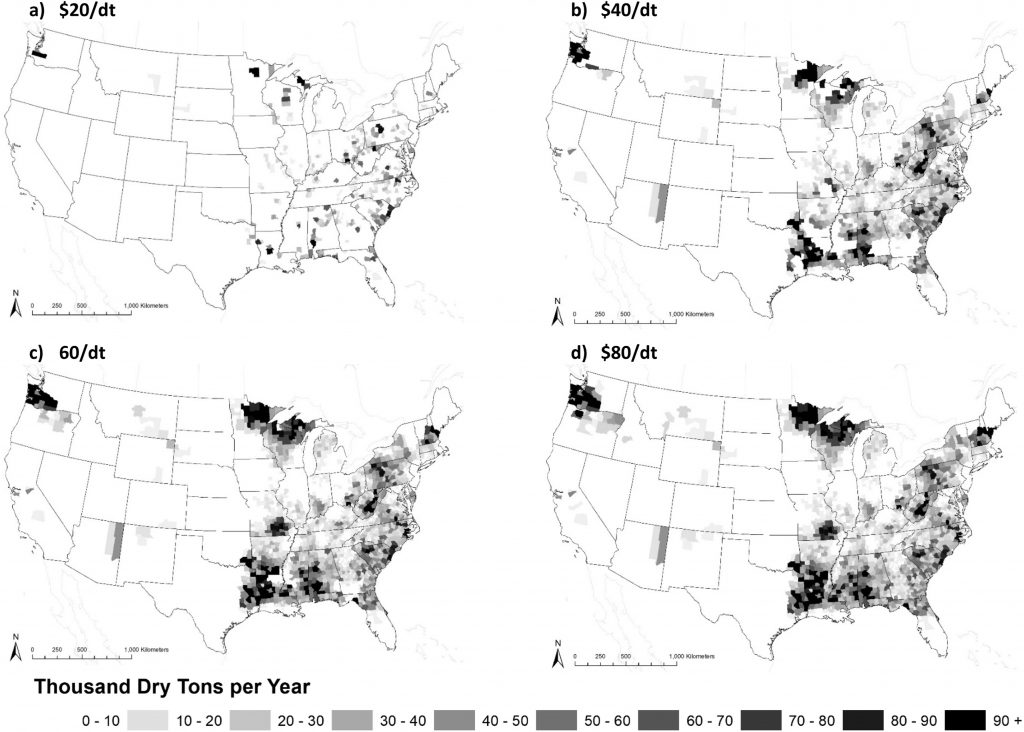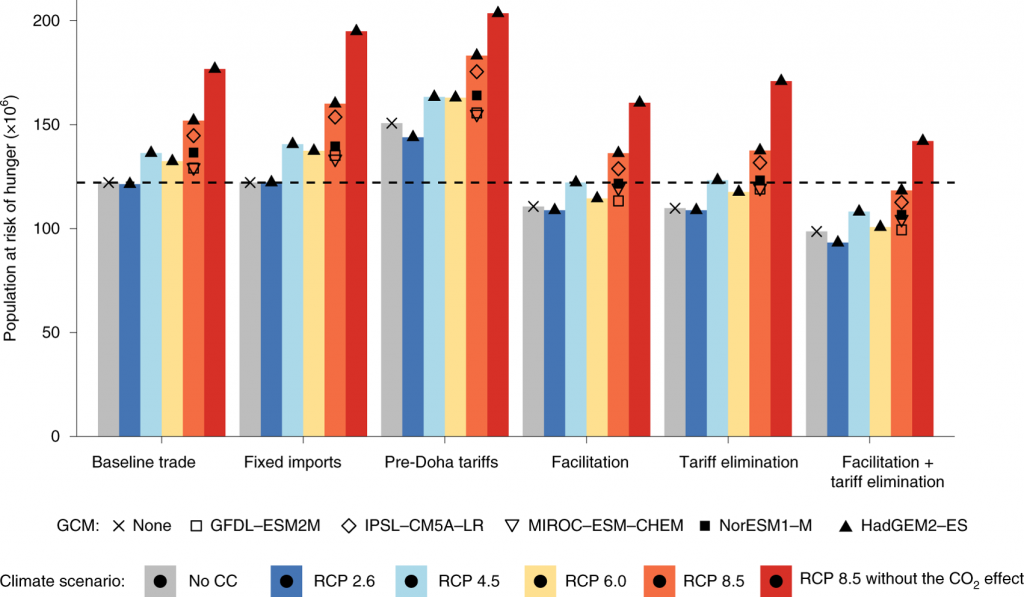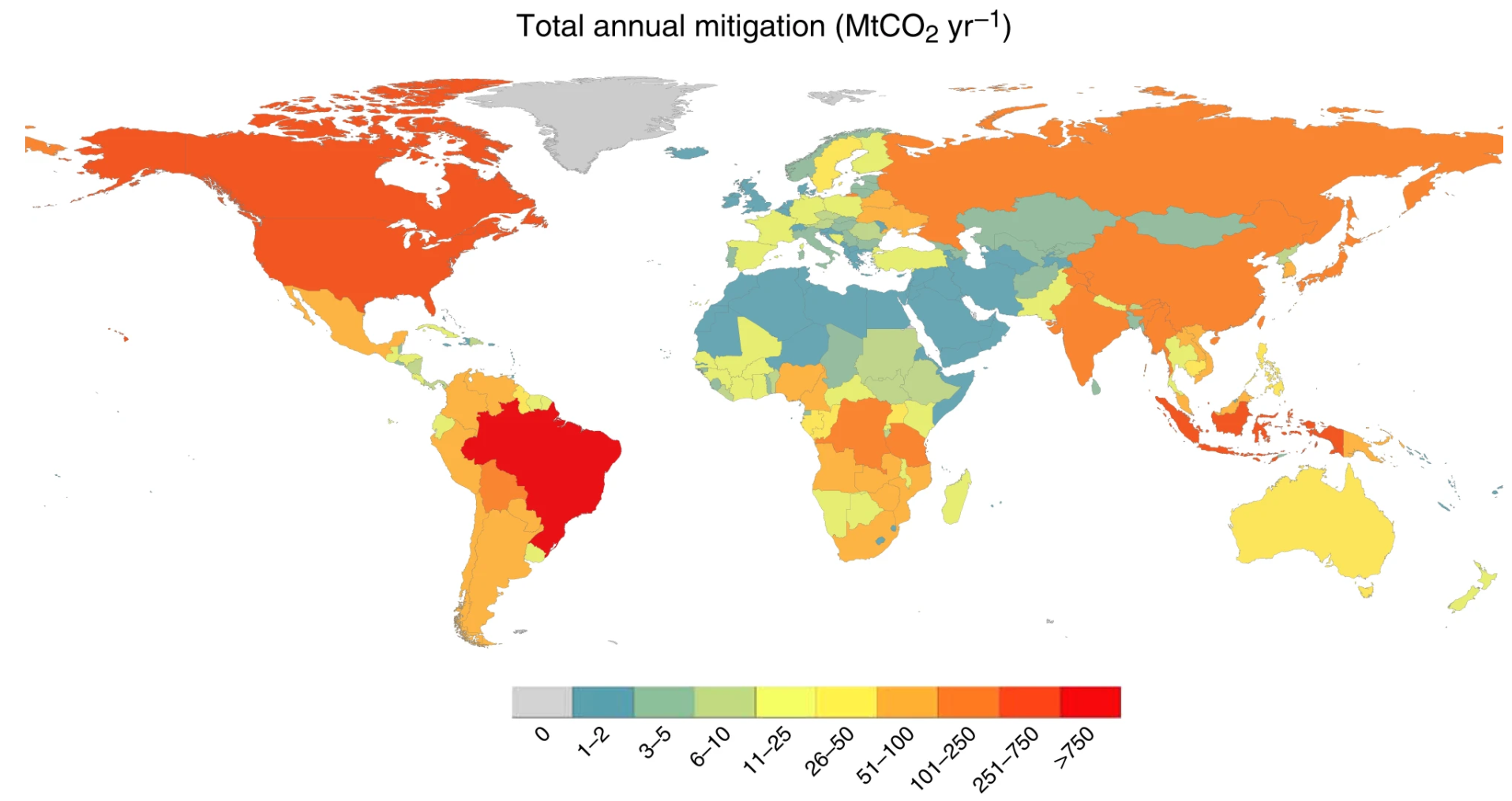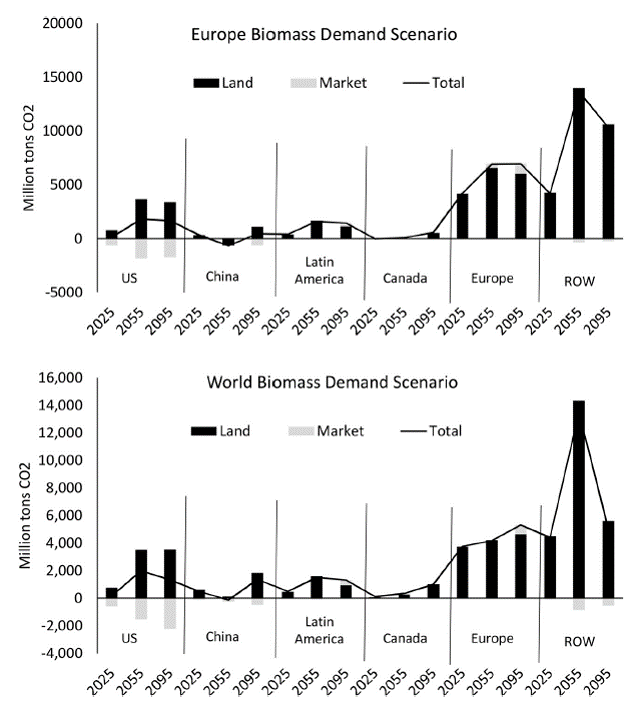Baker Resource Economics and Sustainability Lab (RES-Lab)
Lab Overview
Socioeconomic and environmental change are amplifying sustainability concerns globally. Land use change, water scarcity, and growing demands for natural resources are pressuring current infrastructure and market systems to unsustainable limits. Further, critical feedback loops exist between the climate system and managed resources. Addressing these resource management challenges will require solutions that span scientific disciplines — including engineering, economics, environmental science, sociology, and public policy. The wicked nature of some sustainability challenges (e.g., climate change) requires both recognition and careful consideration of the interdependencies between human and natural systems to identify and evaluate potential solutions — be they infrastructure investments, policy interventions, or alternative management strategies.
The Baker Resource Economics and Sustainability (RES) Lab specializes in integrated modeling that links biophysical and socioeconomic systems to address critical societal challenges. The RES Lab, led by Dr. Justin Baker, offers training and collaboration opportunities to students and postdocs with an interest in integrated natural and human systems. We build empirical and dynamic structural models to evaluate resource management and economic implications of global change and policy choices in the forestry, agriculture, sustainability, climate, and energy domains.
Current projects and example outputs
- Science and Technologies for Phosphorus Sustainability (STEPS). National Science Foundation. 2021-2026. (Co-PI, Research Theme Co-lead)
- Food, Agriculture, Biodiversity, Land Use, and Energy (FABLE) Consortium. UN Sustainable Development Solutions Network. 2018-present. (US Team Co-Lead)
- Recent policy brief on global biodiversity targets
- 2020 FABLE report and U.S. chapter on sustainable land use pathways
- Southern Forest Resource Assessment Consortium (SOFAC) (Director)
- SOFAC develops market models and forward-looking resource assessments of the southern U.S. forest sector
- Recent work on Hurricane Michael and forest markets
- 2022 annual meeting forthcoming! (August 9-10 in vibrant downtown Durham)
- Modeling growth response of loblolly pine and economic returns from nutrient additions. USDA, McIntire-Stennis Program. 2021-2024. (Co-PI
- U.S.-China Food-Energy-Water Feedback Mechanism: A Comparative Study of China’s Jing-Jin-Ji Region and California’s Central Valley. National Science Foundation. 2021-2025. (PI)
- Research and Economic Modeling of Clean Air Act Issues. US-EPA and RTI International. 2020-2023.(NCSU PI)
- New mitigation estimates from U.S. agriculture and forestry
- Global economic costs of forest sector climate mitigation potential
- The global hunger implications of climate change and international trade scenarios
- A multi-scale decision support tool to quantify forest benefits on water quantity and quality in the Southern United States. Keeping Forests. 2020-2023. (Co-PI).
- Quantifying intra-reginal leakage from extended rotations in the southern United States. NCASI. 2022-2023. (PI)
Other recent research examples
- Forest bioenergy policy and the carbon neutrality debate
- Water resource management and development (Morgan et al., 2021)
- RTI Grand Challenge: Building Resilience in Food, Energy, and Water Systems. RTI International. 2020-2021.
- Hydro-economic modeling to identify spatial hotspots for irrigation expansion in Guatemala
- Energy poverty and low-carbon development tradeoffs in Guatemala
Some highlights

Ex. 1: Logging residue supply by county for electricity generation (Baker et al., 2018)

Ex. 2: Projected global hunger across climate and trade policy scenarios (Janssens et al., 2020)

Ex. 3: Projected average annual mitigation potential from forest preservation, expansion and management by country (Austin et al., 2020)

Ex. 4: Cumulative forest carbon storage changes under regional bioenergy scenarios (Kim et al., 2018)